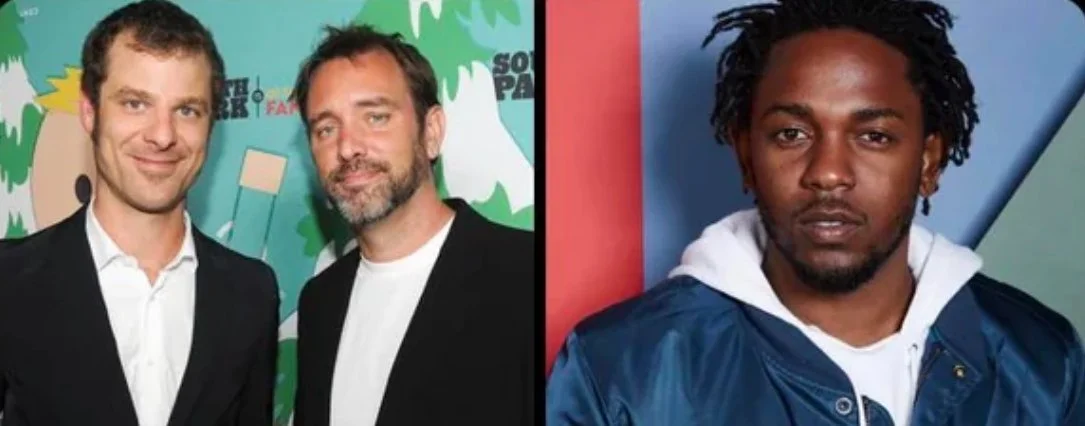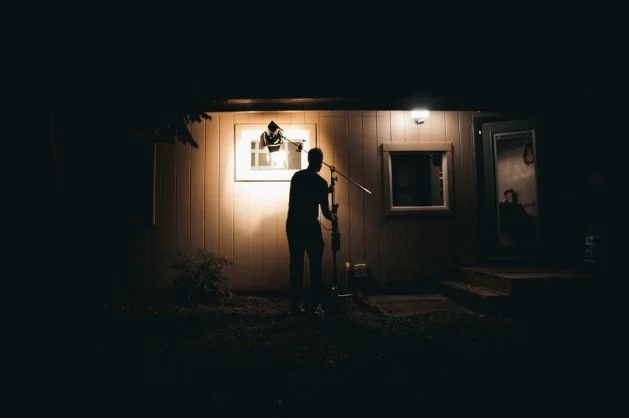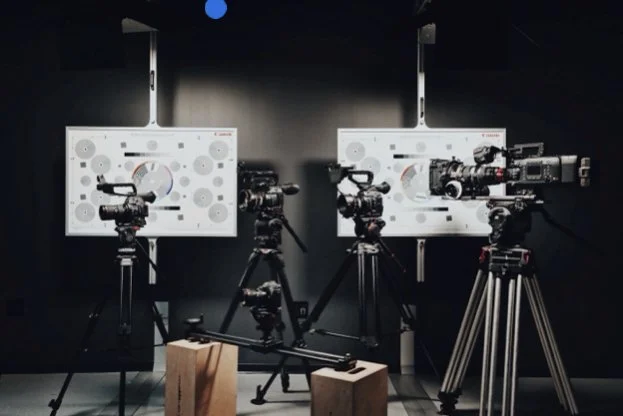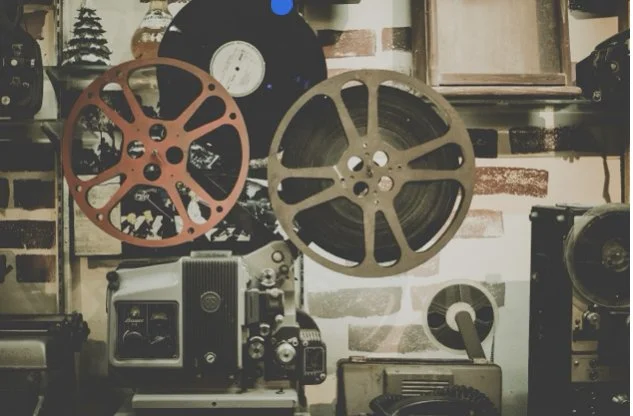Aspiring filmmakers often choose locations haphazardly, focusing on aesthetic traits exclusively. That leads them into troublesome situations and potentially delays their end-product.
We’re here to provide 7 inside tips that will sharpen your location scouting skills. Follow our guide and help you find better settings for your creations.
1. Only settle for the most compelling locations
Great directors and film producers manage to express a storyline powerfully because they match the acting with a compelling location. If you want to strike a chord in your audience, you must consider your options carefully and filter them to fit the story you want to tell.
For instance, if you’re trying to recreate scenes from antiquity, you should use an actual historic site for the best effect. A mafia-themed flick might gain some realism in a luxurious casino. You want to create a believable world.
Cinephiles are aware that the 007 movie series made use of the Ritz as a filming location, and most agree the dramatic effect was on-point. The collection at KingCasinoBonus features 8 other top-notch gambling houses that you may use as inspiration when location-scouting for a movie. Besides The Ritz, Les Ambassadeurs is probably one of the best places to recreate a 19th-century atmosphere with its mesmerizing architecture.
2. Analyze natural and artificial lighting
Take note of natural light. Depending on the building’s architecture, indoor lighting can vary in quality. While some poorly lit settings can be amended with simple solutions, you should strive to make your job easier. If any modifications are required, you need to ask for permission, delaying your activity.
When choosing a location for your movie, time your visit so that you’ll get a proper glimpse of natural lighting, too.
Is there enough sunlight in the garden? Does it fall at the right angle through the windows? Take sample photos, write your observations down, and discern attentively.
3. Prevent unnecessary background noise
Make sure you have the right ambience at your filming site. Never book a location without first checking its surroundings for potential audio interferences.
As a first step, you can use any Maps service to see whether any facility nearby might cause problems, for example, airports or train stations. Use this method to create a shortlist of attractive picks.
Then, take the time to visit each of them to prevent unpleasant surprises. Traffic that’s too loud can be disturbing on tape. Still, you can't evaluate this without recording a few samples at the location.
4. Evaluate logistics
Artists shouldn’t be bothered with logistics, but one has tocompromise when it comes to movie locations. You want your settings to be as expressive as possible. Still, first, you need to make sure you have the necessary infrastructure to carry out your filming.
You might need power supplies, parking, phone signal, Internet,and other amenities. Does your preferred location meet all these requirements?
Outdoor sites may pose some challenges, so be prepared. The weather could be a decisive factor, too. Ask yourself if you have the right gear to shoot in humid or torrid conditions.
5. Cut spending wisely
Moviemakers employ various strategies to keep spending in check. Securing a fine location can be a real bank-drainer, which is why some creators choose to 'run and gun' in unauthorized places.
Run-and-gun filmmaking is usually regarded as a recording technique centred on dynamic shots. Still, the emphasis here should be on the place itself.
There’s an unwritten code that governs this form of guerilla moviemaking:
• Look for remote, seemingly estranged places
• Bring only the essential cast and production team members
• Shoot the scenes quickly
• Leave the place as you found it
Following these rules doesn’t rule out angry owners popping up and looking for confrontation with the apparent squatters. Acknowledge them, maybe excuse yourself, and leave fast. If you’re guerilla-shooting outside in public places, be prepared for encounters with local authorities, asking for your permit.
While this strategy has the potential to cut your spending significantly, it's nonetheless risky. The alternative?
Product placement contracts
Branding deals can save you a lot of money, but they’re tricky. They can ruin or at least dilute your creative output.
You shouldn't let a brand dictate how and where you use the logo in your movie. Still, at the same time, they must get some satisfaction, especially if product placement is leveraged as a form of paying for the location. You should strive for a mutually beneficial exchange.
6. Meet your legal duties
While in some cities, authorities and property owners may have no problem with you shooting a movie on their premises without any deal or payment, that’s not the norm. Besides the contract you agree upon with your host, you might need a filming permit.
Meet your legal responsibilities and obtain all the required papers before you start shooting. The legislation for filming permits can vary from one city, county, and country to the next.
The timeframe in which you receive your papers can vary, too. Furthermore, it's granted for free in some areas, while in otherjurisdictions, you need to pay a fee. Be aware of your legal duties for a smooth filming process.
7. Set your deals firm with a contract
No matter if you’re going to use a friend’s yard or the city’s streets, you should set the deal in stone with a written contract. Such an agreement should contain the location’s terms of useand a detailed rundown of your schedule and production activities. For example, say you’re conditioned by sunlight to work 5 days a week between 2-4 PM, and the owner agrees to this schedule. In that case, add the exact working time to your contract. This will guarantee that the owner won't interrupt your creative flow 'for personal reasons.
Financial retribution and location release clauses must not be overlooked either. Attach everything to the contract to ensure you and the owner are on the same page.
A final point to take home
If you integrate the tips we’ve laid out in this article, you’ll ultimately find better locations for your movies. You should have a more solid grasp of properly scouting for the best movie setting. Hopefully, you've become aware that not all boils down to aesthetics, but other factors come into play. Location-scouting is an integral part of preproduction, so give it the attention and care it needs.









